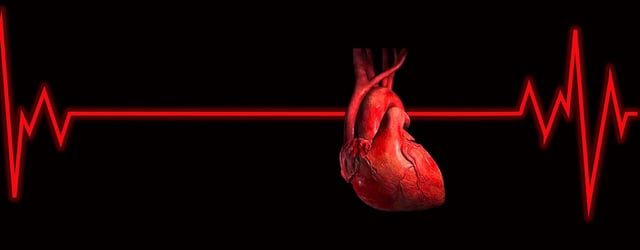Overview
- Over 3,800 anatomically accurate cardiac digital twins were developed using patient data from the UK Biobank and heart-disease cohorts.
- The study, published in *Nature Cardiovascular Research*, highlights how age and obesity alter the heart's electrical properties, linking them to increased disease risk.
- Researchers found that differences in ECG readings between men and women are primarily due to heart size, not differences in electrical conduction.
- Machine learning and AI advancements enabled the rapid creation of these digital twins, paving the way for large-scale population studies.
- Future research aims to link these digital heart models to genetic data, opening doors to even more precise and personalized cardiovascular care.
